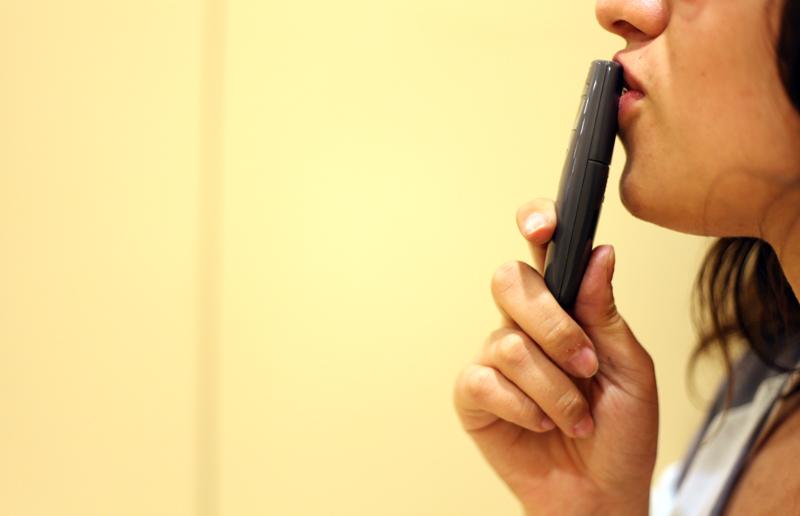The Boone County Sheriff’s Department will conduct multiple sobriety checkpoints throughout the county this month in an effort to discover and apprehend impaired drivers.
The department has conducted similar checkpoints for more than 20 years, Sergeant Brian Leer said.
“They are a very productive tool when combating the impaired driving problem and have been proven to be a good deterrent for folks who may think about driving while impaired,” Leer said.
There were 20 fatal drinking-involved traffic crashes in the past three years, with 22 people killed, in Missouri. Between 2010 and 2012, there have been 504 drinking-related crashes resulting in fatal, personal injury and property damage, according to Missouri Statewide Traffic Accident Records System.
There has been a reduction in DWI arrests the department made during the past couple years, Leer said.
“There are several factors that play into the number of DWI arrests, such as staffing and other calls for service, so the number of DWI arrests by itself doesn’t necessarily show a problem or lack thereof when it comes to impaired driving,” Leer said. “Something we look at in addition to the number of impaired driving arrests is the number of alcohol-related traffic crashes.“
The number of alcohol related crashes in Boone County ranks in the top 10 of Missouri counties. It is ranked seventh in drinking-involved crashes and fatal crashes. Columbia is ranked fifth in drinking-involved crashes and seventh in fatal crashes among Missouri cities.
“The actual numbers fluctuate some, but those crash numbers continue to be a problem in Boone County,” Leer said.
Leer said he thinks the public is in support of the sobriety checks because it helps curb impaired driving, which could put citizens in danger.
“We have a full-time traffic unit that includes two positions dedicated primarily to DWI enforcement,” Leer said. “We also regularly conducted DWI Saturation Patrols in addition to the sobriety checkpoints. Based on the positive feedback we receive, I believe a large majority of our population supports the use of sobriety checkpoints.”
Leer said he encourages the sobriety checks because it promotes the message of public safety and safe driving.
“I firmly believe that the more we can get the message out there about our enforcement efforts, the more likely people will think about the risk and choose not to drink and drive,” Leer said.








